Update: This article was last updated on 13th January 2025 to reflect the accuracy and up-to-date information on the page.
Artificial Intelligence, or AI for short, is advancing. But what makes it so fascinating is the fast pace at which it’s making changes to many industries and lives. Be a beginner or a pro looking to build your knowledge-reading books about AI will get you those incredible insights and know-how and stay ahead of the curve of this exciting revolution.
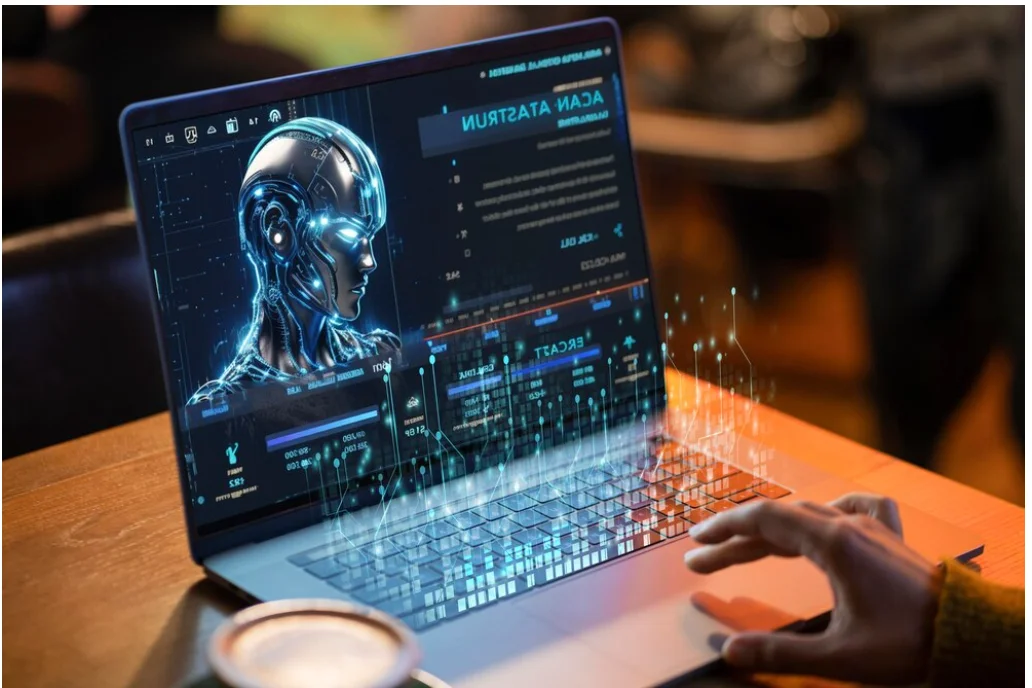
In this fast-changing world, artificial intelligence textbooks can be a great opportunity for the young minds of the future to learn about where technology is headed. Through exciting tools and programs, kids can know how artificial intelligence works and apply it creatively. Through this knowledge, not only does one prepare children for a world influenced by technology, but also equips them with the skills to face the practical applications of AI confidently in the future, fostering innovation and problem-solving skills even at an early age.
Here is a list of some of the top artificial intelligence textbooks that will not only make you understand AI but will also keep you ahead in the AI revolution. Stay inspired, stay motivated, and stay ahead.
1. “Superintelligence: Paths, Dangers, Strategies” by Nick Bostrom
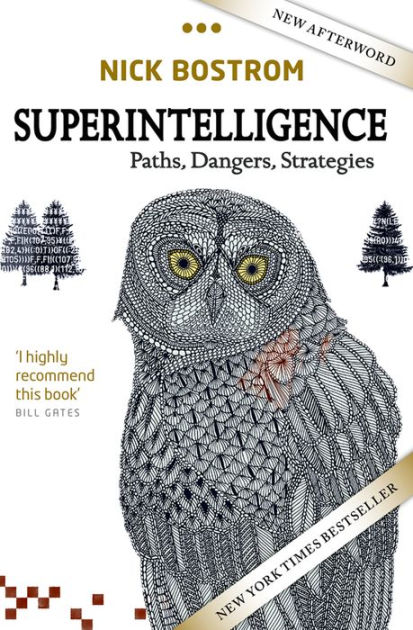
The book is the work of Nick Bostrom, who tries to explore superintelligent machines and the potential risks and ethical considerations that could come with developing such machines. He goes deeply into the problems humanity might face as AI grows.
Why read this? In an AI-driven world, the need to understand its ethical and societal impacts is no longer just important but crucial. This book is ideal for readers who are concerned with the broader implications of AI.
Buy From: https://www.barnesandnoble.co
2. “Artificial Intelligence: A Guide for Thinking Humans” by Melanie Mitchell
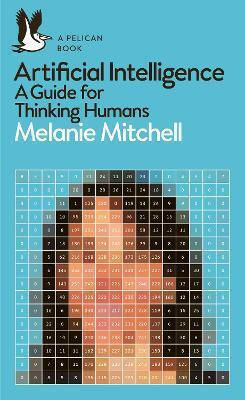
Melanie Mitchell gives the reader a good, down-to-earth introduction to artificial intelligence without giving them a mess of technical language. This is an AI textbook that traces history, recent work, and failure in the discipline. She is also quick to raise questions from AI regarding the nature of human intelligence, creativity, and even consciousness, thereby making this artificial intelligence textbook highly insightful for one who would delve deeper into the subject.
Why read this? These books are a great start if you’re new to AI or want a clear understanding without deep technical detail, offering practical knowledge that can be applied in various contexts.
3. “Human Compatible: Artificial Intelligence and the Problem of Control” by Stuart Russell
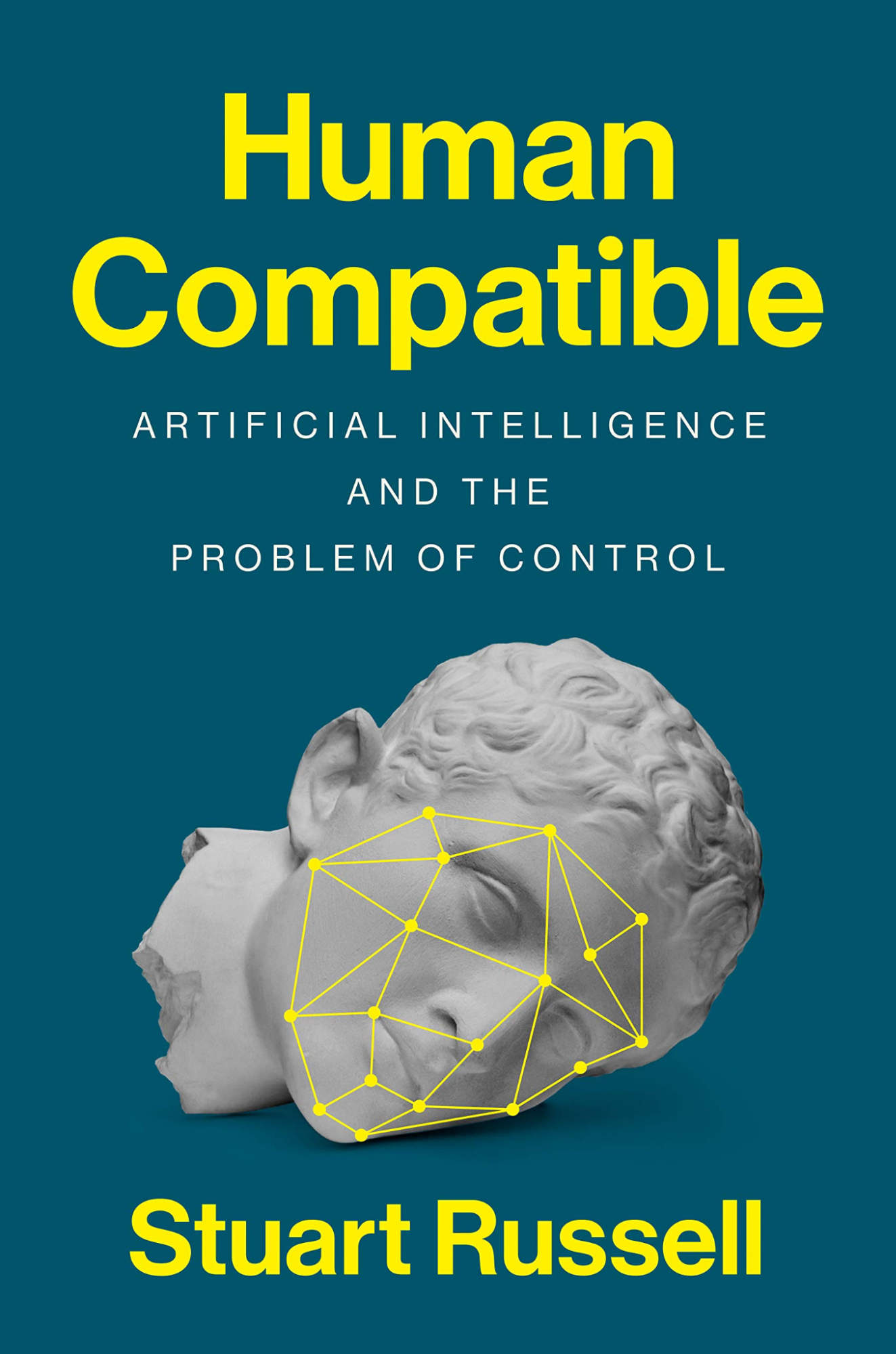
In this engaging, easy-to-understand book, Stuart Russell talks about the growing anxieties that surround AI and control. Russell claims that as AI grows more advanced, this must be also aligned with human values and ethics. He gives ways to develop AI systems that remain beneficial for mankind.
Why read this? It focuses on how to make AI work for humankind instead of against it .
Buy From: https://www.amazon.com/gp/product/ B07N5J5FTS/ref=x_gr_bb_kindle?caller=Goodreads&tag=x_gr_bb_kindle-20
4. “Life 3.0: Being Human in the Age of Artificial Intelligence” by Max Tegmark
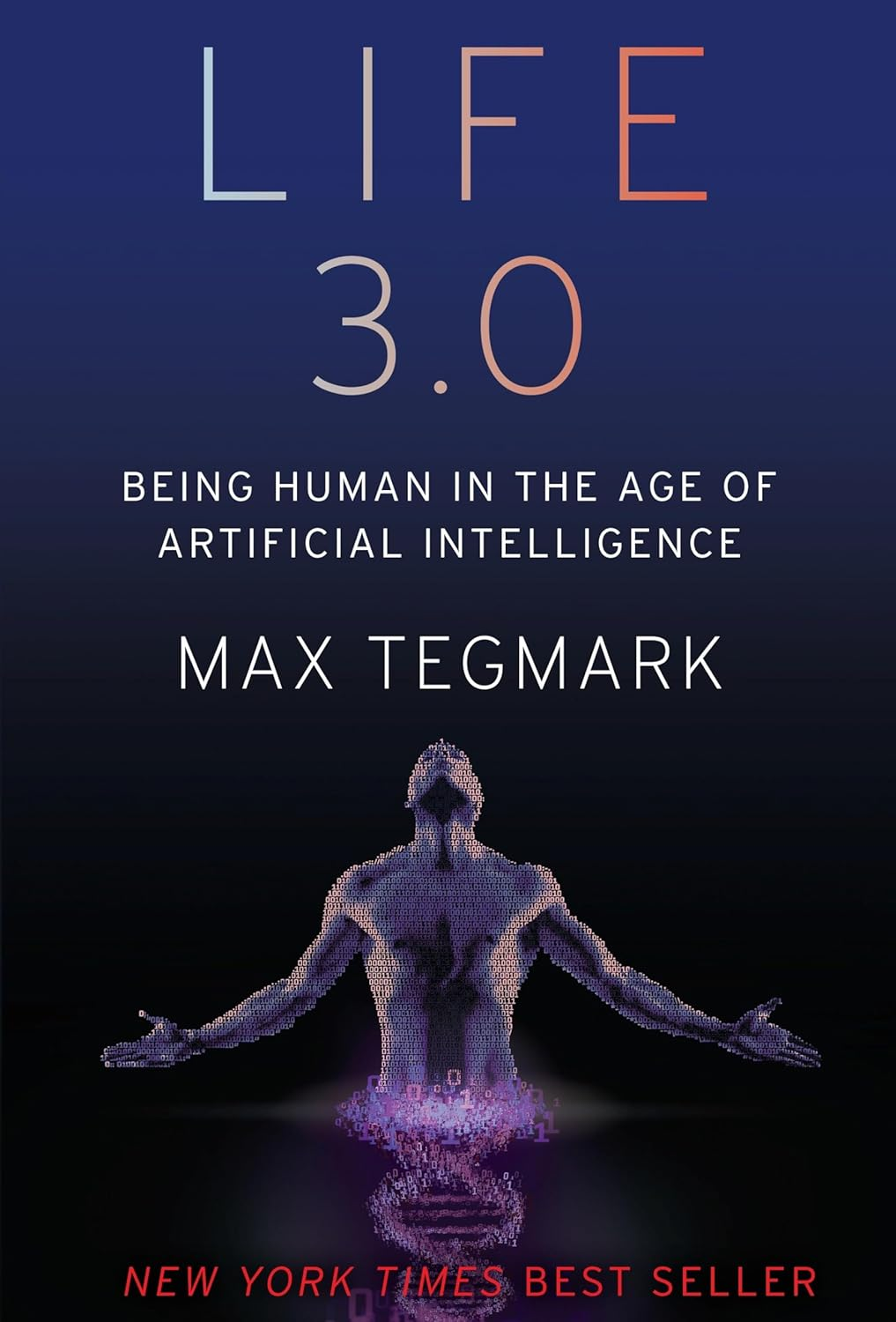
In Transforming Our World, Max Tegmark explores the potential of AI to transform our future lives by examining the multifaceted advantages it could provide and the dangers it might incur. He forges beyond the technical jargon to delve into the profound questions that AI poses on philosophy. Tegmark paints a picture of a world where AI would revolutionize industries and reshape human civilization in ways that only can be imagined.
Why read this? It mingles philosophy with technology, and gives a panoramic view of the future of AI.
Buy From: https://www.amazon.com/Life-3-0-Being-Artificial-Intelligence/dp/1101946598
5. “The Master Algorithm: How the Quest for the Ultimate Learning Machine Will Remake Our World” by Pedro Domingos
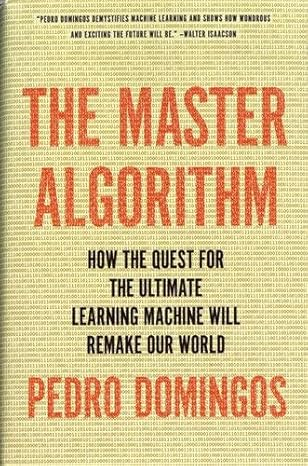
This book provides a comprehensive exploration of machine learning, the driving force behind AI. Pedro Domingos explains in minute detail the inner workings of different types of algorithms and their implications for the future of AI. He also shares his vision for a ‘Master Algorithm’ that could potentially tackle the most significant challenges in AI.
Why read this? It gives a wonderful explanation of machine learning for readers who want to have a deep technical understanding.
Buy From: https://www.amazon.in/MASTER-ALGORITHM-Pedro-Domingos/dp/0465065708
6. “AI Superpowers: China, Silicon Valley, and the New World Order” by Kai-Fu Lee
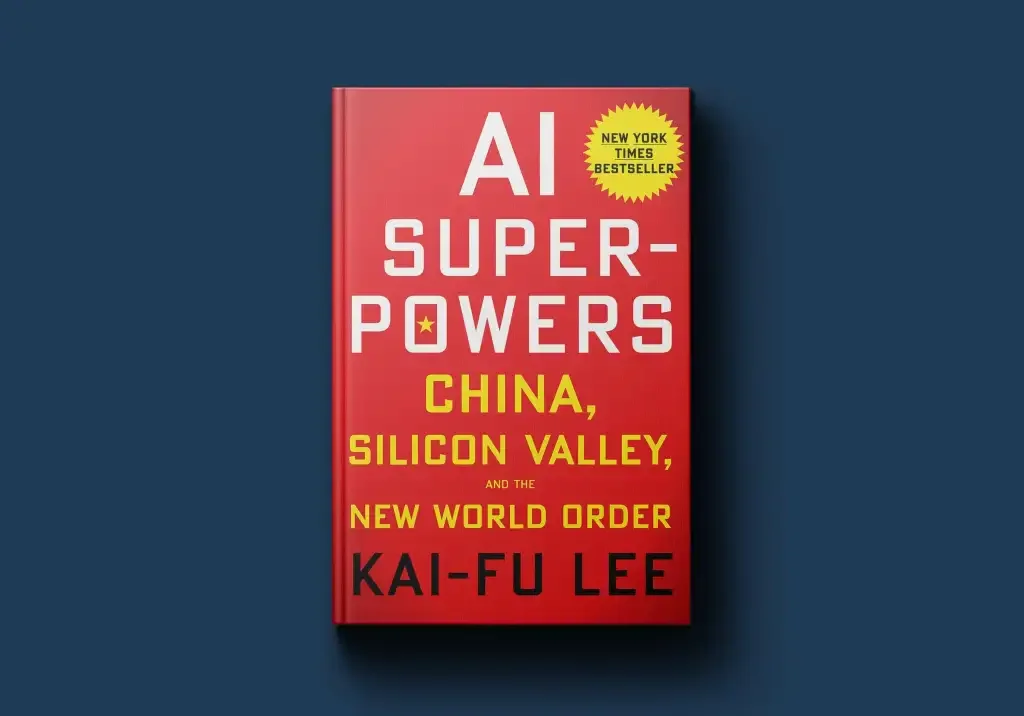
Kai-Fu Lee, an AI expert with experience in both China and the U.S., discusses how these two global powerhouses are shaping the future of AI. He explains how China’s rapid development in AI could change the world order, along with the opportunities and challenges that come with this rise.
Why read this? It offers crucial insights into global AI development and the competitive landscape between countries, making it a must-read for anyone interested in AI’s global impact.
7. “Prediction Machines: The Simple Economics of Artificial Intelligence” by Ajay Agrawal, Joshua Gans, and Avi Goldfarb
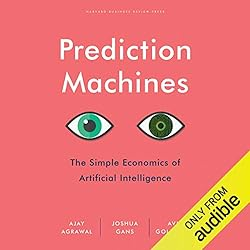
This book focuses on AI’s economic implications and explores how AI is transforming business and the economy. The authors break down AI into manageable concepts and explain how AI predictions can improve decision-making processes across various industries.
Why read this? It’s a must-read for business leaders who want to grasp the practical applications of AI in decision-making, offering insights that can directly impact their strategies and operations.
Buy From: https://www.audible.in/search?keywords
8. “Deep Learning” by Ian Goodfellow, Yoshua Bengio, and Aaron Courville
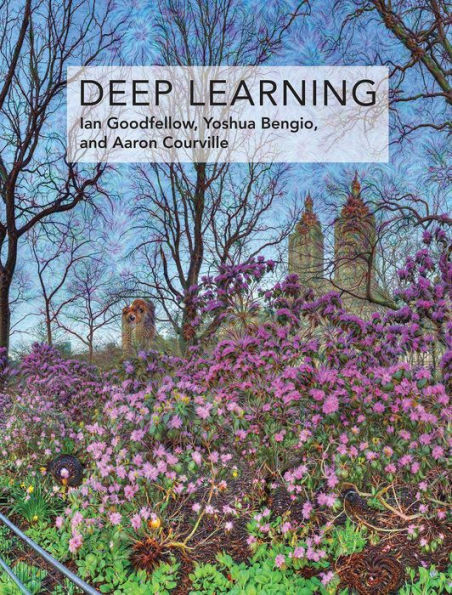
This comprehensive artificial intelligence book is a must-read for anyone interested in the technical side of AI. It covers deep learning techniques and the mathematical foundations behind AI, making it an essential guide for researchers, data scientists, and AI enthusiasts.
Why read this? If you are a technical reader or want to build AI models, this is your go-to guide for deep learning, equipping you with the knowledge and skills to navigate the AI landscape with confidence.
Buy From: https://www.barnesandnoble.com/w/deep-learning-ian-goodfellow/1126352242
9. “Architects of Intelligence” by Martin Ford
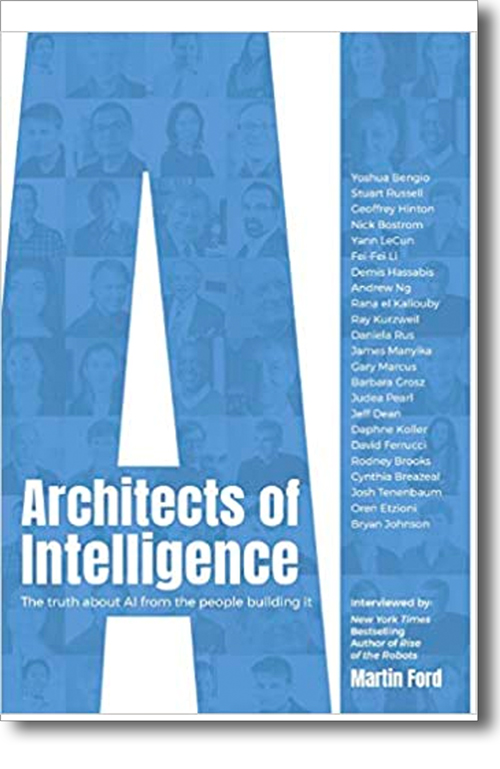
Martin Ford’s book is an interesting collection of personal views from some of the most well-known AI developers and pioneers. Their perspectives expose the humane dimension that the future of AI might need as well as the rich view of the field and the challenges that await it.
Why read this? It is an original anthology of opinion pieces from experts that promise the most unexcelled insight into the AI leaders’ minds, raising your interest while letting the understanding of the field grow.
Get From: https://www.amazon.in/Architects-Intelligence-Martin-Ford/dp/1789131510
10. “Weapons of Math Destruction” by Cathy O’Neil
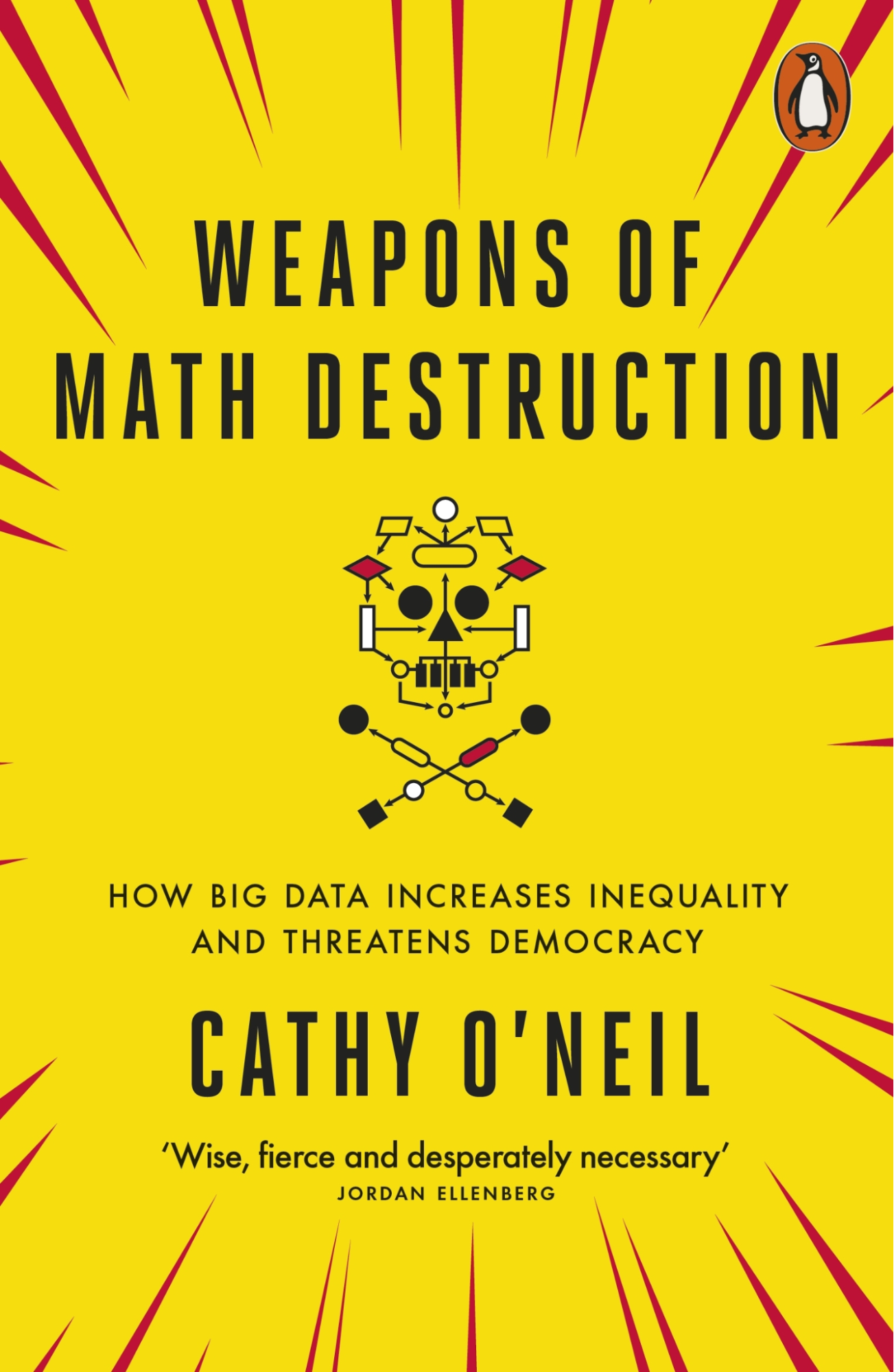
Cathy O’Neil explores the darker side of AI and algorithms, highlighting how they can reinforce inequality and injustice. The book focuses on the ethical dilemmas that come with AI, especially in areas like education, employment, and criminal justice.
Why read this? Cathy O’Neil’s book is a real eye-opener for people trying to see the kind of risks that are associated with AI based on ethical grounds. It is an essential read for any person wanting to get the full complexity of the field.
Buy From: https://www.penguin.com.au/books/ weapons-of-math-destruction-9780141985411
Why Staying Updated Matters

As AI continues to evolve, it is important to stay abreast of its developments. These artificial intelligence books offer not only technical insights but also explore the societal, ethical, and philosophical questions surrounding AI. Whether you are looking to enhance your career in AI, understand its implications for your industry, or stay ahead of the curve, these books are a great resource to help you navigate the AI revolution.
AI and robotics hand in hand build powerful advancements into automation and intelligent technology. Even though AI has the intelligence part of decision making, robotics will bring it into life through its physical actions. By reading more on these subjects, you may be better equipped to face AI’s transformative effect on the world and position yourself to take up the opportunities in store.
Best Books on Artificial Intelligence by Experts
In order to give you a more holistic view, we called out to some of the most renowned AI professionals for what they felt about their need for information acquiring of artificial intelligence book reads. Here’s what they said:
Dr. Emily Carter, AI Researcher at TechFuture Labs
“Artificial intelligence books are the gateway to the past, present, and future of this transformative technology. Be it foundational concepts or cutting-edge advancements, these books empower you with knowledge to navigate the AI revolution.”
Rajesh Mehta, CEO of InnovateAI Solutions
“Reading artificial intelligence books is like having a conversation with the brightest minds in the field. They help bridge the gap between technical jargon and practical applications, making it easier for professionals and enthusiasts alike to grasp AI’s potential.”
Sophia Nguyen, AI Ethics Advocate and Author
“With artificial intelligence impacting nearly every aspect of our lives, books like ‘Weapons of Math Destruction’ are essential for understanding the ethical challenges that come with progress. It’s not just about learning AI but also about shaping its future responsibly.”
Michael Robinson, Data Scientist
“Artificial intelligence books provide insights that go beyond tutorials and courses. They explain the ‘why’ behind the technology, which is crucial for anyone looking to innovate or understand its societal impact.”
Conclusion
In a world increasingly driven by artificial intelligence, staying informed through literature is essential for anyone looking to navigate this dynamic field. These artificial intelligence books discussed, while ranging the gamut in their focus of technical and discussion on the related ethical, economic, and social implications of these technological changes and innovations, shall provide the audience with an opportunity for understanding the technical and non-technical sides and their futures regarding AI.
An AI strategist is a key player in helping businesses navigate the AI revolution and use cutting-edge technology to drive growth. They design strategies that implement AI into the operations of a company, driving innovation and competitive advantage. Use these books to learn about the AI revolution and help you navigate this journey.
Moonpreneur is on a mission to break the mold of traditional education, future-proofing the next generation with holistic learning solutions. Through its Innovator Program, the company is creating tomorrow’s workforce by training students in AI/ML, Robotics, Coding, IoT, and Apps, where entrepreneurship is fueled by experiential learning.


























I’d like to say “Artificial Intelligence: Foundations of Computational Agents” by David Poole and Alan Mackworth. It’s a great resource for both beginners and professionals, covering the fundamentals of AI with practical examples. Including it could make this list even more well-rounded for readers looking to dive deeper into AI’s core concepts.
it seems to overlook AI’s role in environmental sustainability. Books like “AI for Good: Artificial Intelligence to Help Protect the Environment” by Alice Pannier would have been a valuable addition, showcasing how AI is being used to tackle climate change and promote green technology.